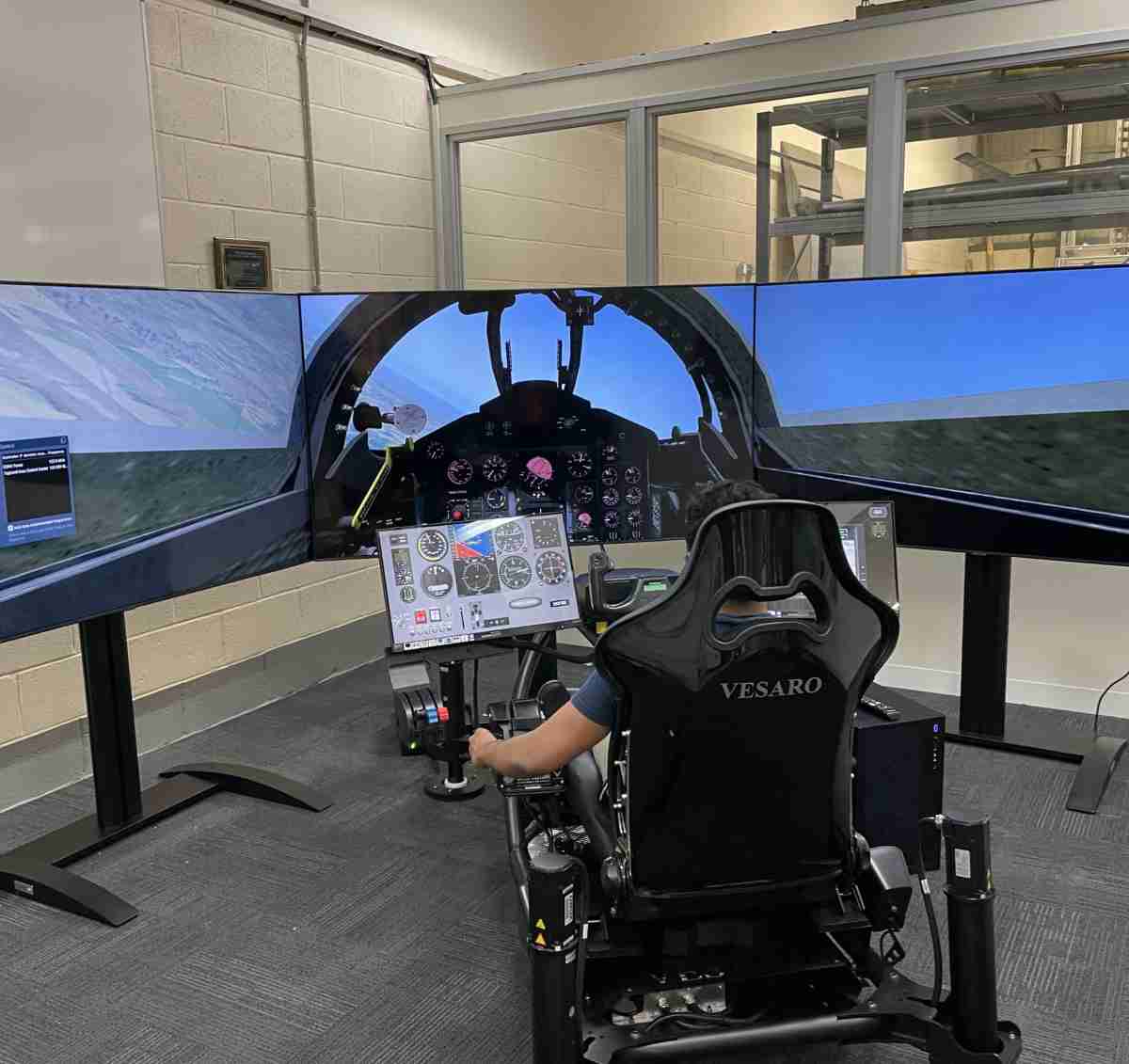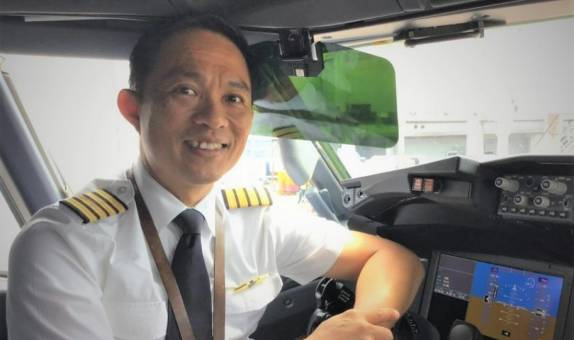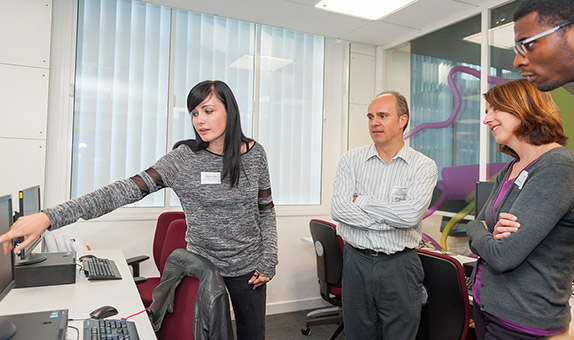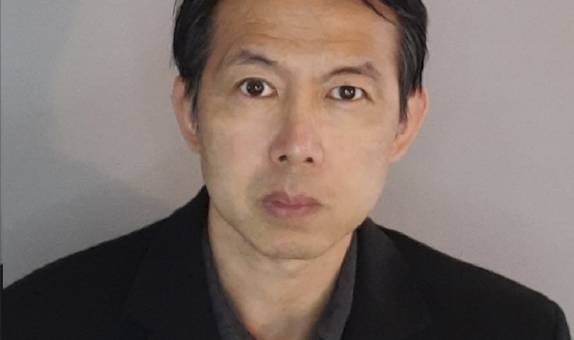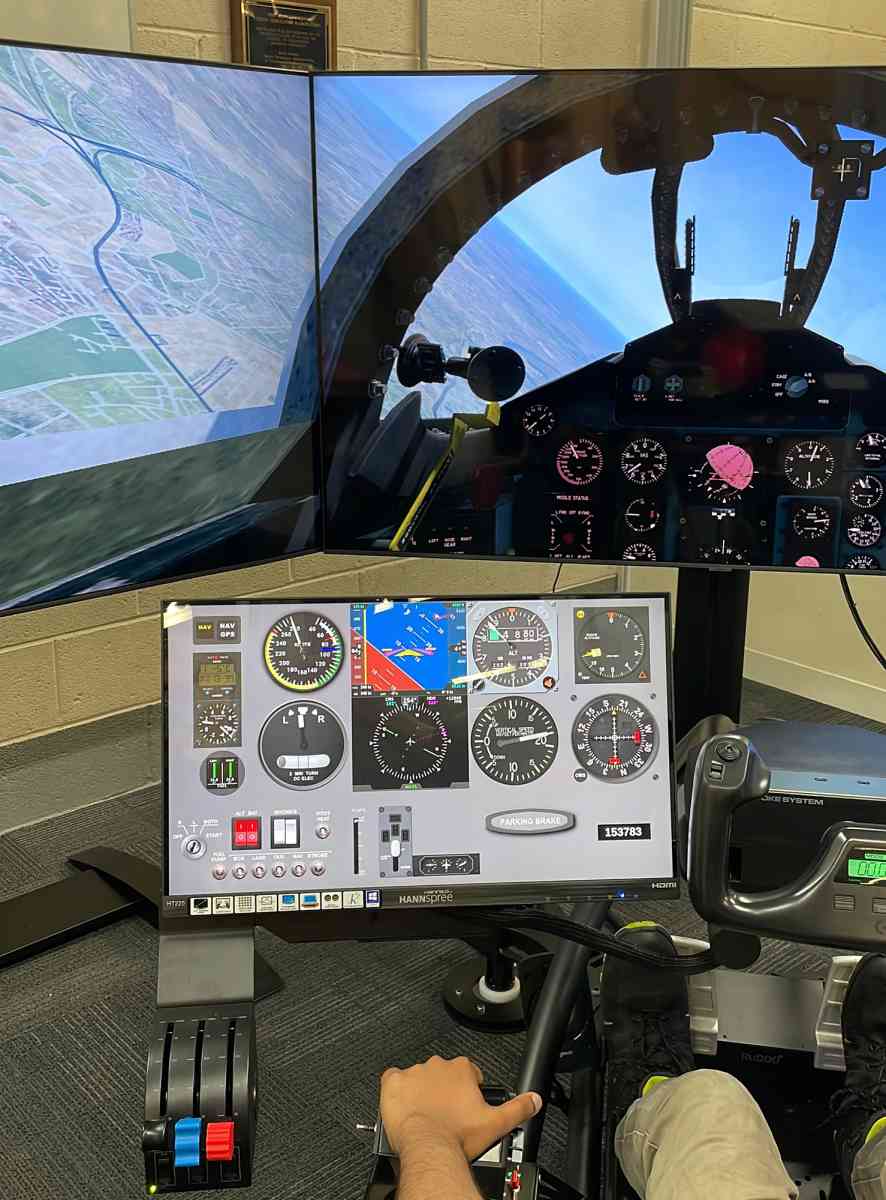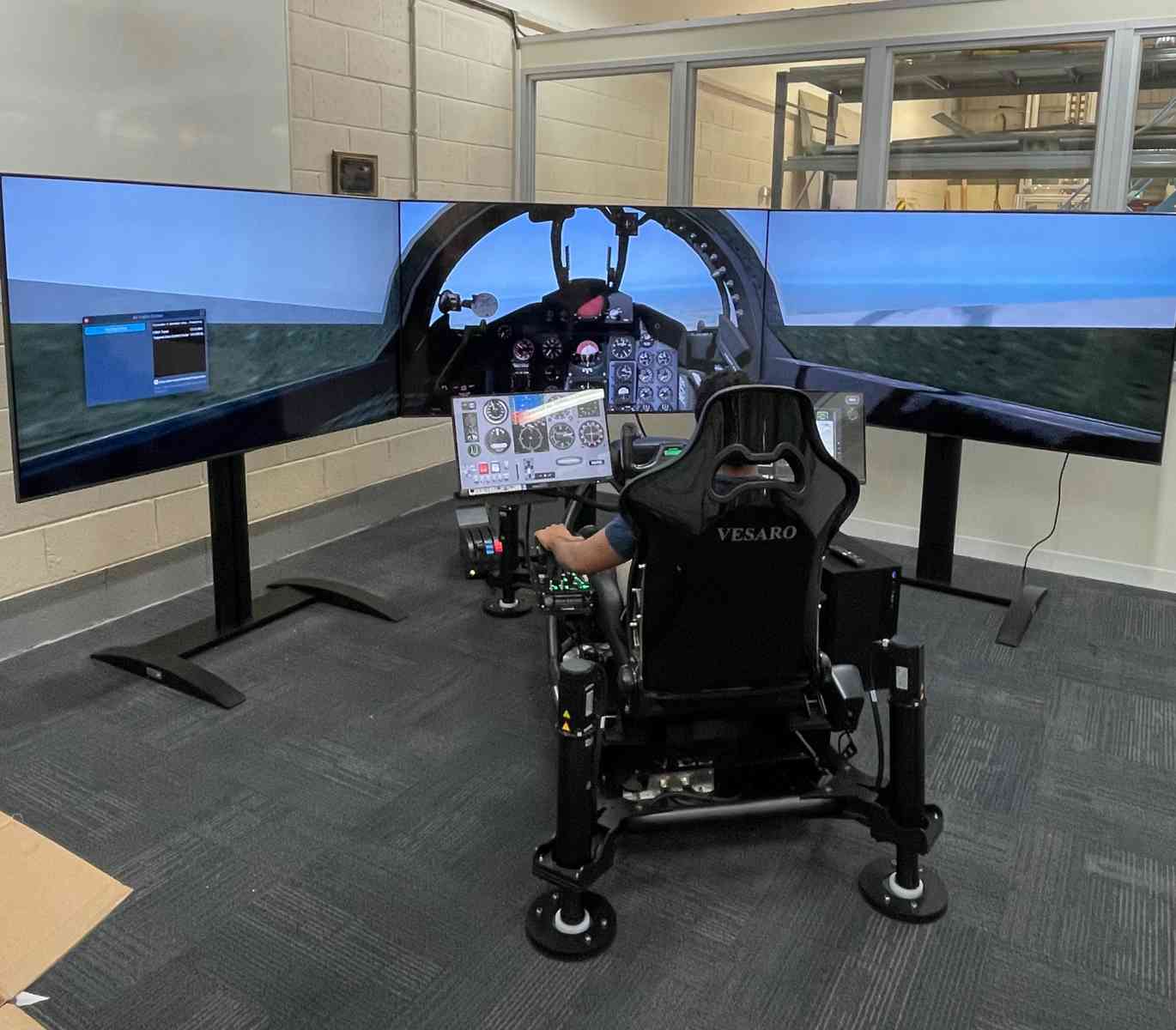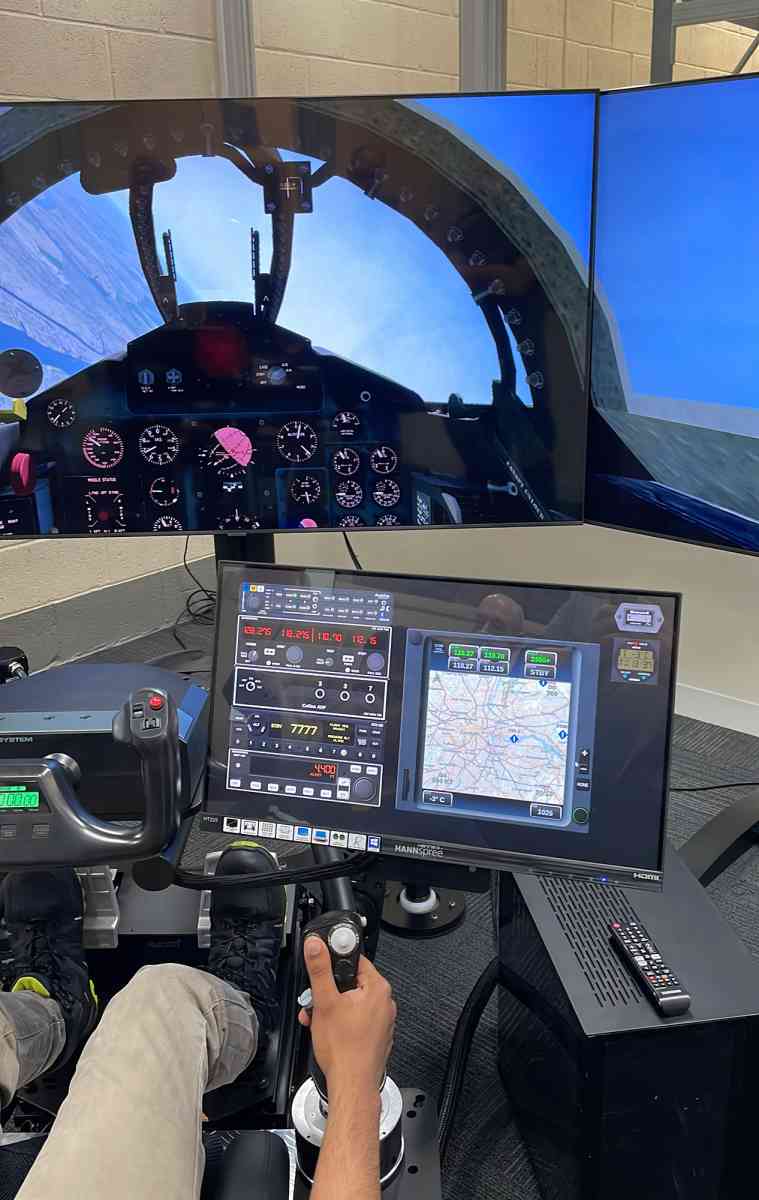Aviation Operations with Commercial Pilot Training BSc (Hons)

Teaching Excellence Framework (TEF) Gold award
Our commitment to high quality teaching has been recognised with a TEF Gold rating. The University has received an overall rating of Gold, as well as securing a Gold award in the framework's two new student experience and student outcomes categories.
Why choose this course?
This course will help you take off as a pilot and future aviation leader. In Year 2 you'll be based at our partner flight school, which is an Approved Training Organisation (ATO), with training delivered by specialist ground school instructors. You'll study the syllabus of the 13 Theoretical Knowledge exams needed to obtain a UK Civil Aviation Authority (CAA) ATPL (A) licence.
Please note: the cost of flight training could be around £90,000 in addition to University fees. Student Finance does not cover any CAA exams or flight training. Hence, additional funding would be required to complete the ATPL training.
| Attendance | UCAS code | Year of entry |
|---|---|---|
| 3 years full time | H464 | 2025 |
| 4 years full time with professional placement | H465 | 2025 |
Please be aware that, in addition to university tuition fees, the cost of the flight training, including any CAA exams, is not covered by Student Finance. Hence, additional funding would be required to complete the ATPL training.
An ATPL is only valid if you hold a Class 1 CAA Medical Certificate. In consultation with the flying school, students are encouraged to undertake the Class 1 Medical between the first and second years of the course. For those who may be concerned that there may be an impediment to being awarded the Class 1 Medical then it is recommended that the medical is undertaken prior to commencing the course. For further information on Class 1 Medicals and other regulatory restrictions (including those affected by the UK leaving the European Union) visit the UK Civil Aviation Authority website.
Please note: Teaching on this course may take place on more than one KU campus.
| Main Location | Roehampton Vale and Penrhyn Road campus |
Reasons to choose Kingston University
- As well as the ATPL ground course, this course offers you knowledge of the operational, technical and commercial aspects of the airline industry, to help you stand out at future job interviews and in your future career.
- Facilities include a flight simulator, drone lab, computer lab, rocket lab, and open and closed channel wind tunnels.
- You'll be taught at an approved Air Training Organisation (ATO) in your second year.
What you will study
The programme is unique in that teaching and learning takes place at Kingston University (Year 1 and final year) and at our flying school partner (Year 2), which is an Approved Training Organisation (ATO), with training delivered by specialist ground school instructors.
Year 1
Year 2
Year 3
Year 1 introduces aviation and equips you with the maths and physics skills needed for Years 2 and 3. You are introduced to the theory of flight and the aircraft systems that enable aircraft to fly. You are also provided with the core communication skills required to become a pilot and a future leader.
Core modules
Navigate for Professional Engineers
15 credits
You will be introduced to your course learning aims and will consider your learning targets from now until graduation. You'll take ownership of your personal academic journey through the development and application of academic skills aligned to Kingston's Graduate Attributes and your discipline-specific professional body learning outcomes.
You'll be tutored in a range of 'learning to learn' techniques. You'll be introduced to assessment for learning and the roles of feedback, reflection and feedforward as integrated parts of your learning journey. This will be supported through active engagement in Kingston's Navigate Programme.
Aviation Mathematics
15 credits
This module introduces the principles of aviation mathematics as a foundation, which may assist students in developing further understanding in their second year at an approved training organisation partner (i.e., Kingston University's flying school partner). The module covers topics such as algebra, polynomial, rational, trigonometric, exponential, and logarithmic, among others.
Aviation Science
30 credits
The module introduces students to the fundamental scientific principles that underlie aviation. In particular students will study aerodynamics, thermodynamics, mechanics of materials and structural analysis.
The aerodynamics section will cover the fundamental properties of fluids and the main basic conservation equations used and their engineering applications. It also introduces the concept of dimensions and the SI units of measurement. Thermodynamics section deals with the relationship between heat and various other forms of energy. The emphasis will be on the impact of these relationships on the performance of aircraft propulsion systems.
Introduction to Human Factor and Aviation Safety
30 credits
Safety matter is a crucial element in the aviation industry and it is also closely related to the topic of human factors. The module introduces aviation students to these two pertinent components in the air transport industry. This module discusses the basic principles of aviation safety and the human factors as a foundation, which may assist the student in developing further understanding in both second and third years. Students are also introduced to personal wellbeing in aviation.
Introduction to the Aviation Industry
15 credits
This module introduces the students to the basic knowledge of the aviation industry and the options for various career opportunities. The module is mainly delivered through face-to-face lectures and some tutorials. The module also introduces students to the challenges the industry may face in the future.
Introduction to Flight Operations
15 credits
Introduction to airline flight operations is to develop our students in BSc Aviation Operations with Commercial Pilot Studies with knowledge of airline flight operations, so that when they start working in an airline or any aviation company, it can be expected that our graduates are likely to possess the underlying procedures and know-how, which in turn to help them integrate smoother in the company. The module also introduces the student to the principle of flight operations (e.g., procedures at different flight phases) using a flight simulator.
In Year 2 you are taught the specialised topics required for pilot training. The content is aligned with the theoretical knowledge subjects required to achieve a CAA ATPL(A) licence. You are encouraged to keep a reflective written log of your ground school training.
Core modules
Exploring
15 credits
Students will demonstrate a developing awareness of the skills required to operate as a professional in their subject area. These skills will include the development of teamworking, interpersonal and interdisciplinary skills, critical self-reflection, communication and presentation, time management, and the ability to organise, strategise and prioritise.
Students will develop their personal development plan (via their digital skills portfolio) and begin to explore and evidence how these acquired skills are applied across the portfolio of modules at Level 5. A key element of this module will be the participation in an inter-disciplinary design thinking project. Students will contextualise their subject-specific knowledge, skills and behaviours as an interdisciplinary team member charged with developing a solution to a designated sustainability challenge.
Professional Development for Pilots
15 credits
This module will support students to identify the range of skills they have acquired over the course of their integrated pilot licence training and the first levels of their degree. In particular, the module will develop the students' ability to reflect on their learning, their critical thinking and communication skills. It is delivered primarily through online individual tutor support.
This module aligns with some of the Kingston University graduate attributes, such as a reflective approach to learning and an appreciation of the benefits of lifelong learning, creativity, and communication skills through their report, which is also in line with the standard practice in the real world, where airline trainee pilots are expected to be able to reflect on their performance during their training phases.
Instrumentation, Mass and Balance
15 credits
This module is designed to cover the syllabus required to pass the CAA flight training theoretical topics covering Instrumentation, Mass and Balance, and Radio Navigation. These topics are considered to be the core subjects for flight operations and the content is designed and approved by the UK Civil Aviation Authority. The assessment is conducted by our flying school partner and replicates the format and structure of the Theoretical Knowledge assessment of the UK Civil Aviation Authority.
Air Law and Operational Procedures
15 credits
This module is designed to cover the syllabus required to pass the CAA flight training theoretical topics covering Air Law and Operational Procedures. These topics are considered to be the core subjects for flight operations and the content is designed and approved by the UK Civil Aviation Authority. The assessment is conducted by our flying school partner and replicates the format and structure of the Theoretical Knowledge assessment of the UK Civil Aviation Authority.
Flight Operations and Meteorology
30 credits
This module is designed to cover the syllabus required to pass the flight training theoretical knowledge topics covering Principles of Flight, Aircraft Performance, Flight Planning and Monitoring, Meteorology and Communications. These topics are considered to be the core subjects for flight operations and the content is designed and approved by the UK Civil Aviation Authority. The assessment is conducted by our training partners and replicates the format and structure of the Theoretical Knowledge assessment of the UK Civil Aviation Authority.
Aircraft Systems and Navigation
30 credits
This module is designed to cover the syllabus required to pass the CAA flight training theoretical topics covering Aircraft General Knowledge - Airframe, Systems and Powerplant, General Navigation and Human Performance. These topics are considered to be the core subjects for flight operations and the content is designed and approved by the UK CAA. The assessment is conducted by a CAA Approved Training Organisation (ATO) partner and replicates the format and structure of the Theoretical Knowledge assessment of the UK Civil Aviation Authority.
In Year 3, the focus is on understanding the operational and commercial nature of the airline industry. You are given the opportunity to research a topic of your choice to enhance your independent learning skills. You will also carry out a group project on airline management.
Core modules
Applying Professional Skills
15 credits
Students will demonstrate the ability to apply their developing professional skills competencies in their chosen area and will ensure they have a broad understanding of the business environment in which professional activities are undertaken. The module will develop the student's technical, management and interpersonal skills required to perform in a team environment and prepare the students for employment and entrepreneurship.
Students will participate in Kingston University's Bright Ideas competition where they will work together as a team to develop a business idea of their choice. To do this they will need to interact with relevant stakeholders outside the University.
Students will be guided to interact with professional and learning communities beyond the university and reflect on these interactions. This may include participation in co-curricular events such as subject-specific and career development events (e.g. talks, workshops, speed interviews), networking opportunities offered by the subject-specific professional bodies, exploring pathways to professional chartership/membership, leveraging interactions with professionals in the development of the final year research project and, reflecting on the co-benefits of these interactions.
Aircraft Performance
15 credits
This module aims to equip students with the knowledge base essential for the systematic application of important principles of aerodynamics and propulsion to evaluate the performance of fixed wing and rotary wing aircraft.
Airline Operations
15 credits
The module discusses all the requirements for getting an aircraft airborne, from aircrew, operations, and maintenance perspectives. Students will also discuss what happens when it all goes wrong (such as through inclement weather) and how an airline can recover from such disruption in the shortest possible time. Students will also examine all the factors in the creation of an airline operational schedule, and will explore how the route is selected.
Additionally, the module introduces the final-year Aviation Operations students to commercial pilot operations from the safe operations perspective. Safe operations can be achieved by understanding and implementing the proper concept of crew resource management (CRM), which in turn plays an important role in supporting and enhancing safe airline operations.
Aviation Group Project
15 credits
The module is closely related to the Airline Operations module. The assessment will be derived from a group exercise in which the students will have to derive a realistic schedule for themselves; this will, however, contain some individual elements.
The module also enables students to develop their ability to respect for the views of others, which is one of the Kingston University graduate attributes
Air Transport Economics
15 credits
Throughout their studies, students have studied material that has been focused on a specific role or roles within the air transport industry whether it be aircraft design, maintenance, operations or repair and overhaul. The aim of this module is to take a step back and explore how employers within the various sectors of the air transport industry combine all these functions in order to make a profit.
Aviation Individual Project
30 credits
Working on a topic of their own choosing, the student, with minimal guidance from their supervisor, should apply approximately 285 hours of individual time into the analysis of the problem and determination of the best solution or course of action. That analysis can take a variety of forms ranging from an in-depth comparison of a number of already documented potential solutions to the collection and comparison of experimental and theoretical data. The topic investigated should ideally be of an aircraft operational or engineering nature.
Department of Aerospace and Aircraft Engineering
Future Skills
Knowledge to give you the edge
Embedded within every course curriculum and throughout the whole Kingston experience, Future Skills will play a role in shaping you to become a future-proof graduate, providing you with the skills most valued by employers such as problem-solving, digital competency, and adaptability.
As you progress through your degree, you'll learn to navigate, explore and apply these graduate skills, learning to demonstrate and articulate to employers how future skills give you the edge.
At Kingston University, we're not just keeping up with change, we're creating it.

Entry requirements
Teaching and assessment
Scheduled learning and teaching on this course includes timetabled activities including lectures, seminars and small group tutorials.
It may also include placements, project work, workshops, workshops in computer labs, and laboratory workshops.
Who teaches this course?
This course is taught at Kingston University's Roehampton Vale and Penrhyn Road campuses in Years 1 and 3, and at one of our partner flight schools for Year 2.
Postgraduate students may run or assist in lab sessions and may also contribute to the teaching of seminars under the supervision of the module leader.
Course fees and funding
Additional costs
Depending on the programme of study, there may be extra costs that are not covered by tuition fees which students will need to consider when planning their studies. Tuition fees cover the cost of your teaching, assessment and operating University facilities such as the library, access to shared IT equipment and other support services. Accommodation and living costs are not included in our fees.
Where a course has additional expenses, we make every effort to highlight them. These may include optional field trips, materials (e.g. art, design, engineering), security checks such as DBS, uniforms, specialist clothing or professional memberships.
Facilities
Kingston University
There is a wide range of facilities for practical work at our Roehampton Vale campus, where this course is based. You will have access to a modern environment with the latest technology, including:
- The rocket propulsion laboratory is a fully equipped rocket propulsion test lab for testing and firing of live rockets for data acquisition. Here you can fire rocket engines you have designed and constructed. Current apparatus include:
– gaseous oxygen and propane bi-propellant engine
– nitrous oxide and PMMA hybrid engine
– liquid oxygen and high density polyethylene (HDPE) 300 N engine
– fully automated/programmable firing sequence
– sandblast chamber with extraction system for safety
– thermochemistry software packages for simulation of rocket combustion. - a fully equipped manufacturing workshop where you can manufacture your rocket engine designs using the extensive range of equipment – including CNC machines
- 3D rapid prototype printer allowing you to print off your computer designed models for testing and evaluation
- industry-standard test and experimental equipment for metrology, robotics, fatigue and quality control
- state-of-the-art computing facilities for computer aided design (CAD) and other specialist software
- a mission control room equipped with high-performance PCs with tri-screen setup, for planning and operating space missions
- large-scale wind tunnels that enable testing in winds of up to 90 miles per hour
- laser doppler anemometry system which allows us to make very accurate velocity measurements in the wind tunnel.
Aviation operations students will also have access to the flight simulator which is equipped with visual display, instrumentation, pilot controls, motion base and instruction station.
Flight simulator facility
After you graduate
Careers and progression
With your degree and frozen ATPL, you'll be able to apply for initial employment as a commercial pilot with regional and short-haul airlines such as easyJet, Loganair, Ryanair, among others.
What our students say
Key information set
The scrolling banner(s) below display some key factual data about this course (including different course combinations or delivery modes of this course where relevant).
Course changes and regulations
The information on this page reflects the currently intended course structure and module details. To improve your student experience and the quality of your degree, we may review and change the material information of this course. Course changes explained.
Programme Specifications for the course are published ahead of each academic year.
Regulations governing this course can be found on our website.


